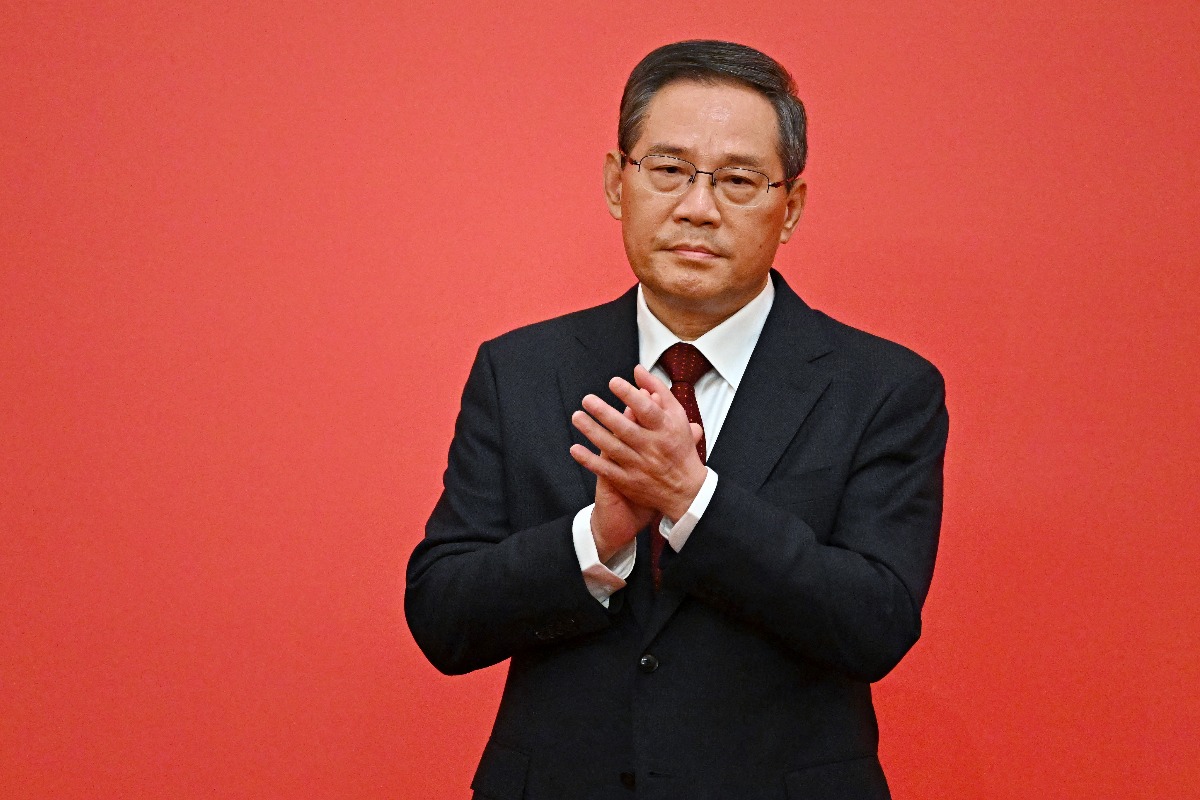
China's annual parliament, the National People's Congress opened on Sunday to implement the biggest government reshuffle in a decade, one of the most important task is the expected appointment of the new premier, Li Qiang. With the 63-year-old poised to take the premiership baton that will put him firmly on track to run the world’s second-largest economy, the onlooking crowd is already debating and dissecting the big questions over his would-be role, work style, policies and priorities.
Historically, the Li Qiang has shown himself to be a pragmatist with a strong business-oriented mindset. As the most pro-business politician in Chinese President Xi Jinping’s inner circle, Li would shoulder the responsibility of shoring up the economy to previous levels of growth, defusing immediate risks, tapping into long-term growth potential and elevating China into a high-income economy during his tenure.

Many overseas analysts believed that Li, who was Xi’s de facto chief of staff in Zhejiang province from 2004 to 2007, will mainly play the role of implementer, rather than be tasked with reshaping the country’s development course.
“His main strengths are his long work as a close adviser to Xi Jinping,” Andrew Collier, a China analyst with Global Source Partners told Channel News Asia.
Domestic scholars believe that holding the president’s trust will grant Li a higher degree of autonomy in economic affairs, allowing him to take bold actions to address the most pressing issues, such as shoring up private confidence.
“He has the room to do something great, but this all must be done under Xi’s overriding thoughts or within his tolerance,” said an independent Chinese economist who declined to be identified given the politically sensitive nature.